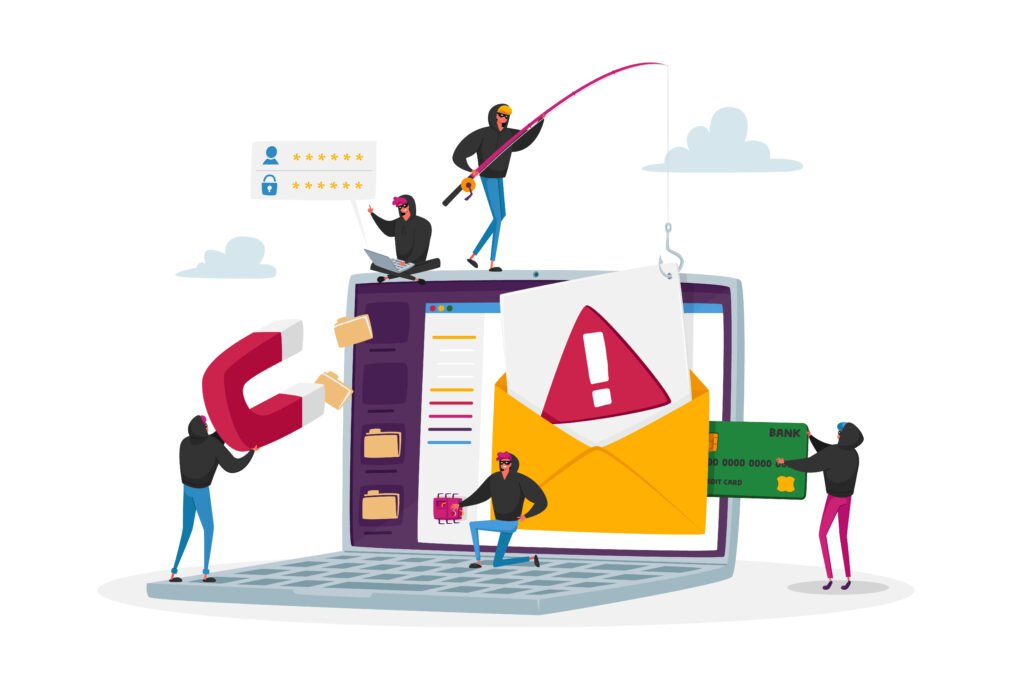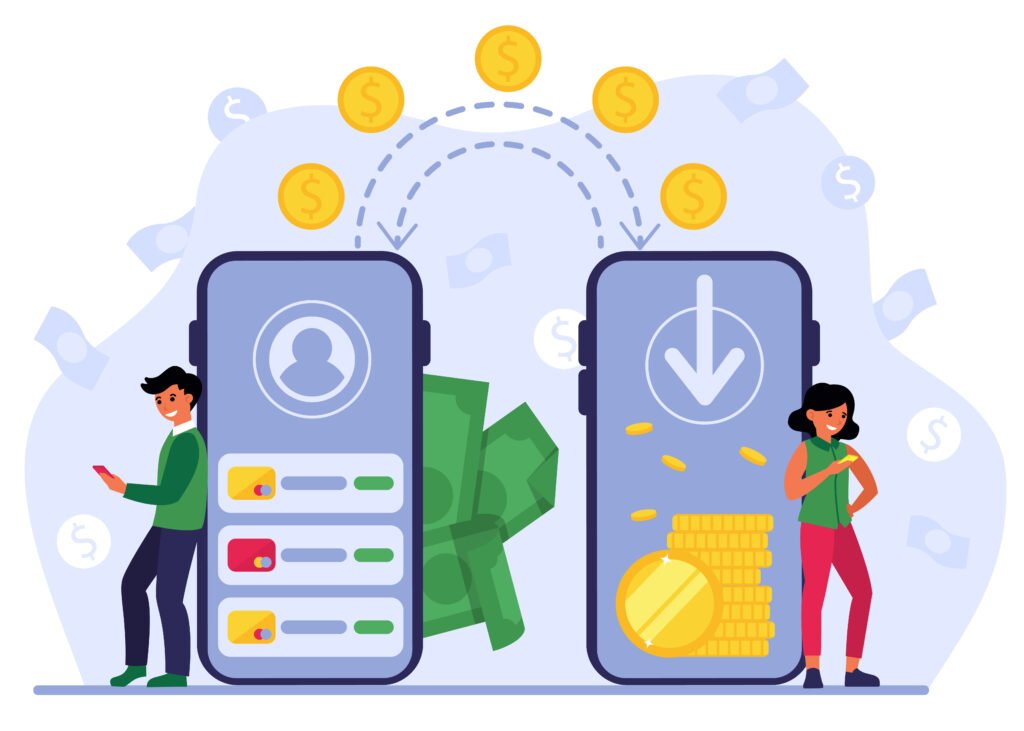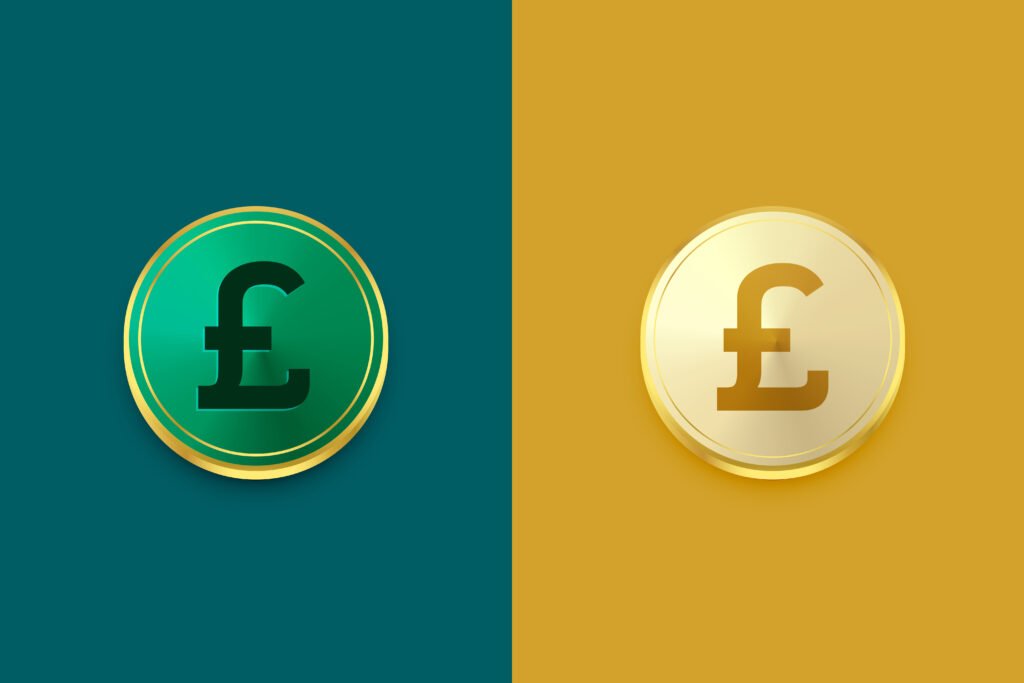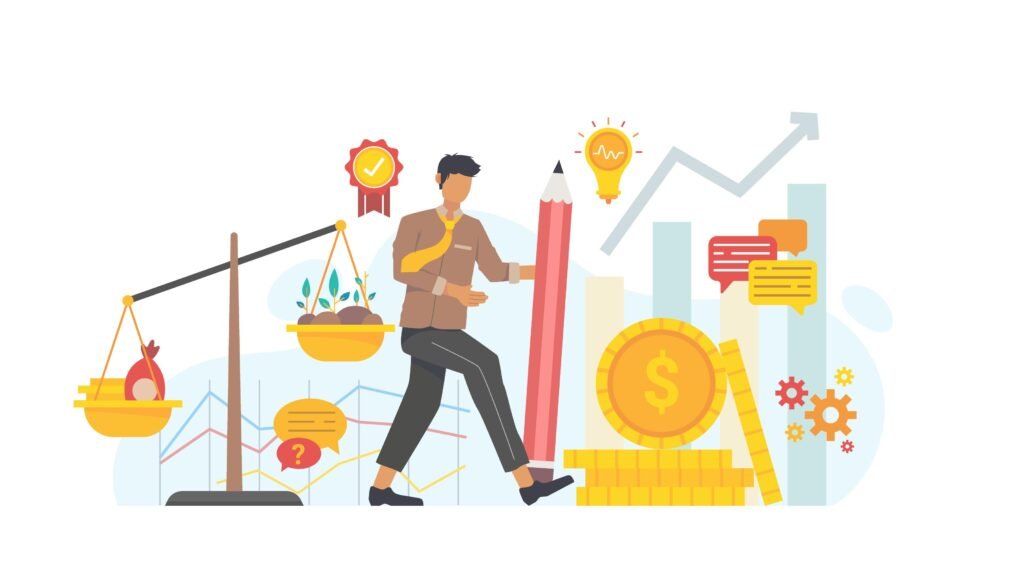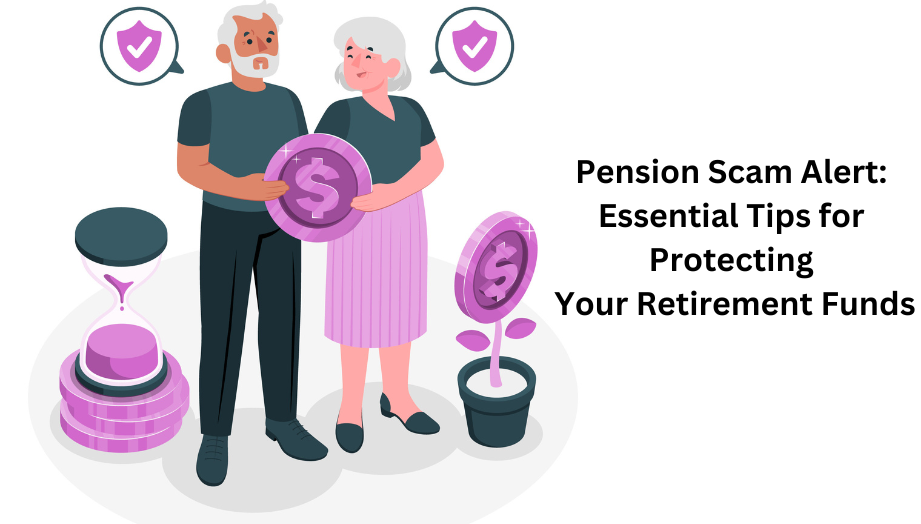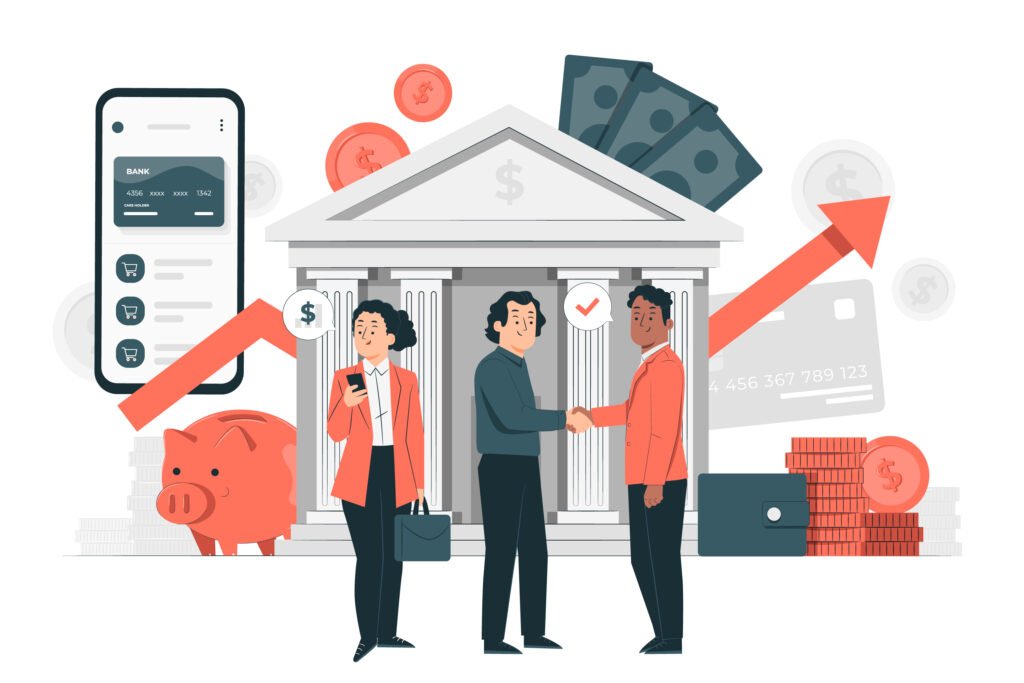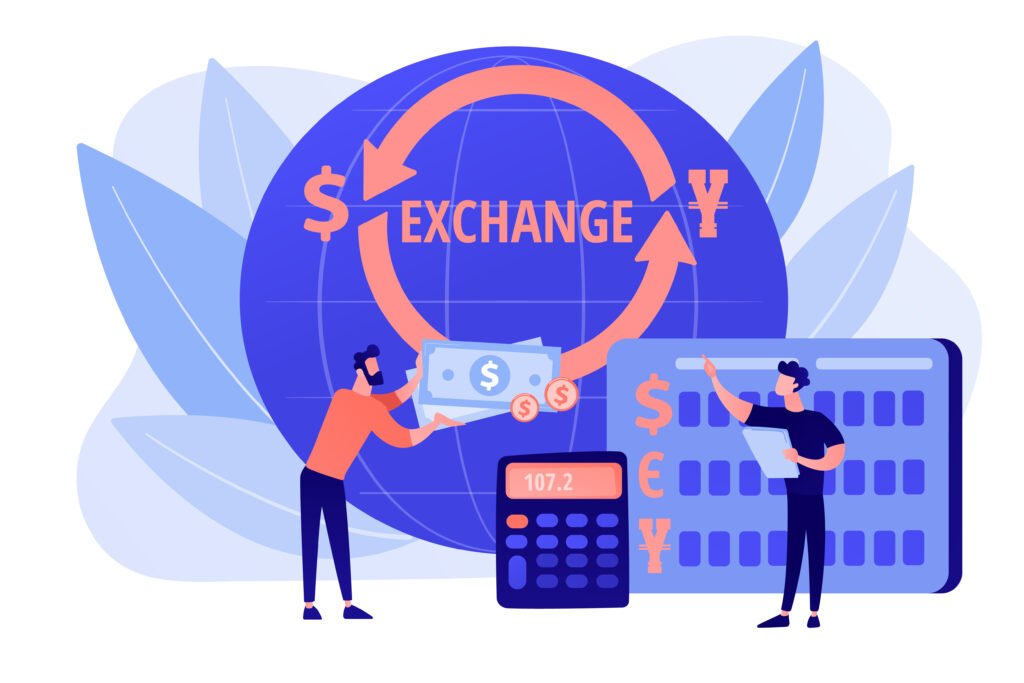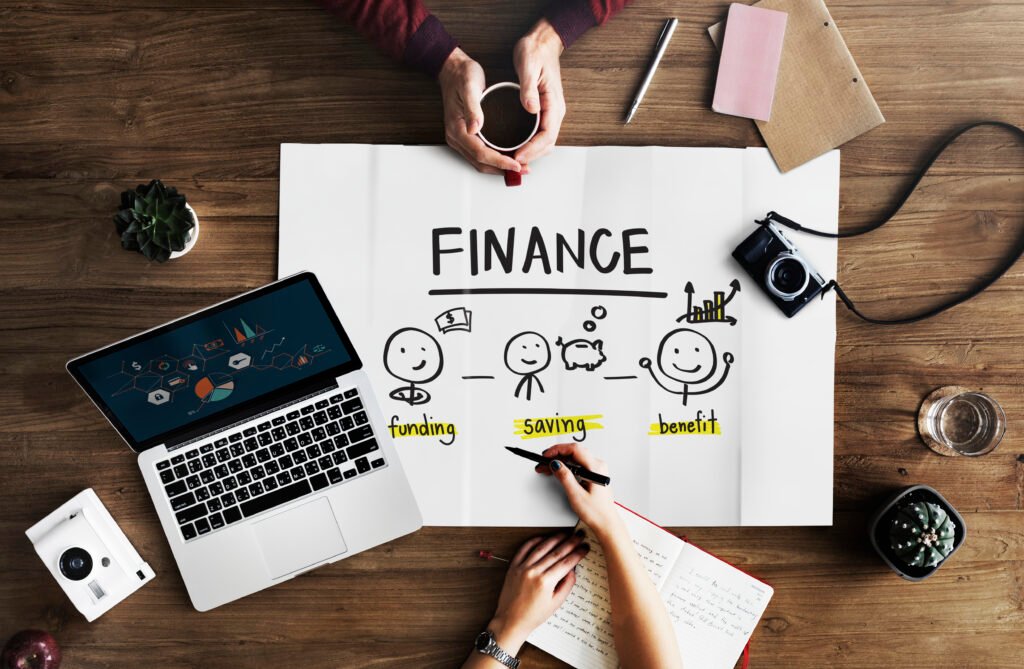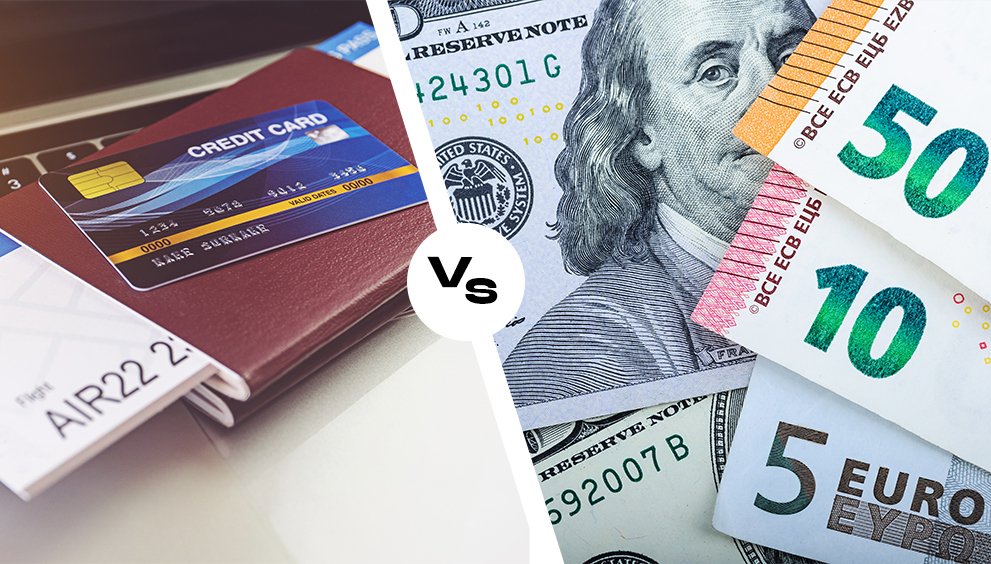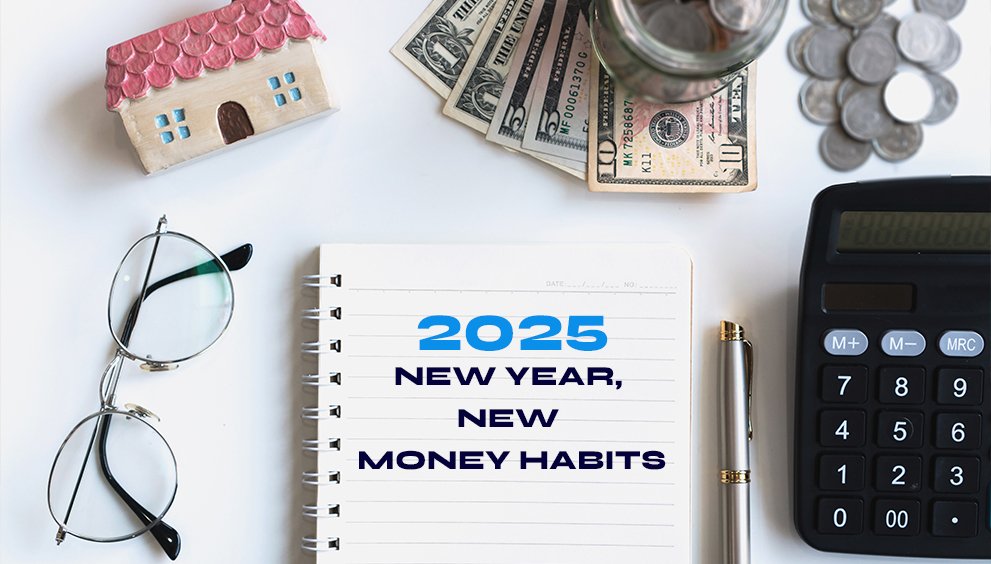How to Get Out of Debt: A Comprehensive Guide

Debt can have a significant impact on both your life and financial decisions!
But the good news is that you can control the bitter impact of the debt on your finances by using practical strategies, and the right mindset can help you pave the way towards a debt-free life. Through this article, we will walk you through our experts’ opinions, personal experiences and actionable steps that anyone can opt for. By understanding the options available, you can make well-informed decisions, whether it’s credit card debt, student loans, or other challenges.
While there are many tips on budgeting, prioritising payments, and sustainably addressing your debts, cultivating the right mindset is crucial for overcoming financial hurdles. Let’s begin our journey toward financial freedom and peace of mind. Here are a few tips that can help you with managing debt:
1. Understand Your Debt
Know your financial situation thoroughly. Start with a question: how much do you own? Make a list of all debts, including credit card balances, loans, and other obligations. Now add the amount owed, interest rates and minimum payments you must make for each debt. Now you will have a clear outline with the following:
- Creditor’s name
- Total owed amount
- Interest rates
- Minimum monthly payment payments
Understanding precisely what you owe and to whom enables you to prioritise your repayment plan and pinpoint the most expensive debts.
Expert Tip: You can use handy digital tools like debt-tracking apps or simple spreadsheets to track your progress and organise your information well. If you want to keep it old-school, start with finance journaling, where you keep the essential information.
2. Create a Realistic Budget
We all know that a budget is a roadmap to financial stability and success. But we don’t understand that an unrealistic or dud budget will continue to pile up the debt for you. So start with a real-time budget that tracks income and expenses, ensuring you spend within your means while prioritising financial goals. The right allocation of money will help you manage finances effectively, empower informed money decisions, and promote healthier financial habits in the future.
Steps to Build a Budget:
- Let’s start by calculating your total monthly income!
- Write down all your fixed expenses, like rent, utilities, and insurance.
- Don’t forget to add your variable expenses, such as groceries, transportation, and entertainment.
- Finally, set aside a portion of your income to pay off any debt you might have. It’s all about creating a balanced budget that works for your repayment plan.
Expert Tip: Adopt the 50/30/20 rule as a starting point: 50% for needs, 30% for wants, and 20% for savings and debt. Adjust as necessary to focus more on debt repayment.
3. Prioritise Your Debts
Prioritising debt payments is crucial for financial health and peace of mind. Managing multiple debts can be overwhelming, but focusing on strategic ones reduces interest payments, improves credit scores, and leads to faster financial freedom. Two popular strategies are the snowball and avalanche methods, each with benefits tailored to individual circumstances and goals.
-
Debt Snowball Method:
Think about tackling your smallest debts first, regardless of the interest rates. This approach helps you build momentum and keeps that motivation flowing as you celebrate those quick wins.
-
Debt Avalanche Method:
Start by tackling the debts with the highest interest rates. This will allow you to save the most money over time by reducing your interest costs.
Expert Insight: Choose the method that best suits your personality and financial goals. The snowball method is excellent for emotional motivation, while the avalanche method is more mathematically efficient.
4. Negotiate with Creditors
Reach out to creditors for better terms. Many lenders negotiate if you struggle with payments. This can include requests for lower interest rates, extended deadlines, or temporary forbearance. Communicate openly about your financial situation; many creditors prefer collaborating rather than facing non-payment. Being proactive may lead to favourable conditions to help you regain economic stability.
What to Ask For:
- Lower interest rates
- Extended repayment terms
- Waived late fees
Expert Tip: Be honest about your financial situation and present a clear repayment plan during negotiations. Creditors will likely work with you if they see you’re serious about repaying.
5. Consolidate Your Debt
Debt consolidation merges various debts into one loan, usually at a lower interest rate. It simplifies repayment with a single payment, helping individuals manage finances better. Lower rates can reduce monthly payments, saving borrowers money over time. This strategy is particularly helpful for those with multiple debts, providing a clearer route to financial stability and reducing the risk of missed payments that can worsen financial problems.
Options for Consolidation:
- Personal Loans: Use a personal loan to pay off high-interest debts.
- Balance Transfer Credit Cards: Transfer your existing credit card balances to a low or 0% introductory interest rate card.
- Debt Management Plans: Work with a nonprofit credit counselling agency to create a consolidated repayment plan.
Expert Warning: Avoid consolidation if it extends your repayment term significantly or if fees outweigh the benefits.
6. Cut Unnecessary Expenses
Mindful spending and reducing non-essential expenses can free up funds to tackle debt. Review monthly expenses, like dining and subscriptions, to find areas for reasonable adjustments. Small changes can lead to significant savings, allowing you to focus more on reducing debt and achieving financial stability and freedom.
Examples of Savings:
- Cancel unused subscriptions or memberships.
- Cook at home instead of dining out.
- Shop smarter by using coupons, discounts, and cashback apps.
Expert Tip: Redirect every pound saved toward debt repayment to accelerate your progress.
7. Increase Your Income
Boosting your income can speed up debt repayment. Find ways to earn extra money, like part-time jobs or freelance work matching your skills. Consider selling items you no longer need or offering services in your community, such as tutoring or pet sitting. Monetise your hobbies, whether crafting, photography, or blogging. Every dollar earned reduces your debt faster, shortening your financial journey freedom.
- Taking on a part-time job or freelance work
- Selling unused items online
- Monetising a hobby or skill
Expert Advice: Use all additional income exclusively for debt repayment rather than lifestyle upgrades.
8. Build an Emergency Fund
Saving money while paying off debt may seem counterintuitive, yet building an emergency fund is essential for financial security. This safety net prevents reliance on credit cards for unexpected expenses, avoiding more debt. An emergency fund helps manage unforeseen costs without jeopardising debt repayment, thus maintaining progress toward debt-free and enhancing financial stability.
How to Start:
- Aim for a starter fund of £500 to £1,000.
- Save small amounts constantly, even while prioritising debt.
Expert Insight: An emergency fund provides peace of mind and financial stability, ensuring you stay on track with your debt repayment plan.
9. Seek Professional Help if Needed
If your debt feels unmanageable, recognise you are not alone, and support is available. Seek assistance from debt relief and financial counselling professionals who offer tailored options like debt consolidation, creditor negotiation, budgeting advice, and bankruptcy alternatives. Taking the first step to seek help can bring you closer to regaining financial control in the future.
- Credit Counselling: Nonprofit agencies can help you create a debt management plan.
- Debt Settlement Companies: Negotiate with creditors to reduce your debt (though this may impact your credit score).
- Bankruptcy: As a last resort, bankruptcy can provide a fresh start, but it comes with long-term consequences.
Expert Tip: Always research and choose reputable organisations. Avoid companies that charge high upfront fees or make unrealistic promises.
10. Stay Committed and Track Your Progress
Getting out of debt is a marathon, requiring patience, perseverance, and strategy. Celebrate each small victory, like paying off a credit card or sticking to a budget; these boosts motivate you. Recognise your progress, regardless of size, to maintain high spirits and reinforce positive financial habits. Focus on long-term financial freedom and appreciate every step toward its success.
How to Stay on Track:
- Use debt repayment trackers or apps to visualise your progress.
- Revisit your budget regularly and make adjustments as needed.
- Surround yourself with a supportive community or accountability partner.
Expert Advice: Remind yourself of your long-term goals and the freedom that comes with being debt-free. Persistence and consistency are key.
Final Thoughts
Tackling debt can be a journey that embraces discipline, planning, and a sprinkle of patience! By really getting to know your debt, putting repayment first, and using handy strategies like budgeting, negotiation, and consolidation, you can take charge of your finances and work towards lasting financial freedom. And remember, with each little step you take, you’re getting closer to a brighter, debt-free future!


 English
English 

























